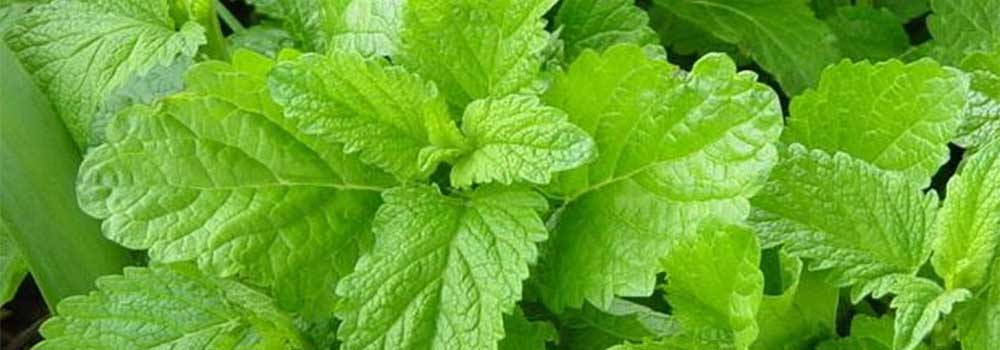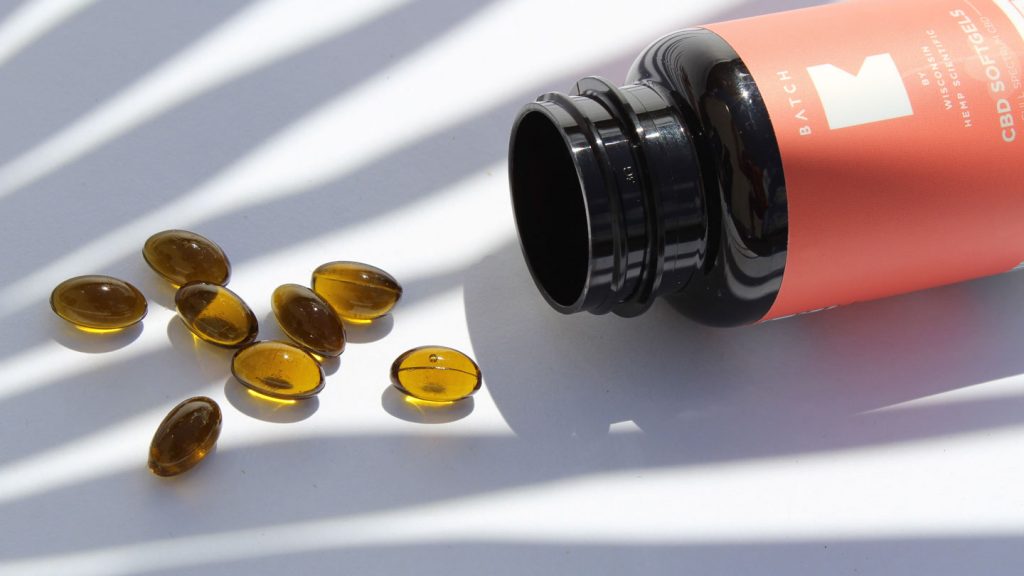While everyone has their own set of stressors, the most common are those linked to work pressure, money, health, and relationships.
Stress can induce exhaustion, headaches, sore stomach, nervousness, irritability, or frustration, and it can be acute or chronic.
Regular exercise, proper sleep, and a healthy diet are good ways to help the body cope with stress, but vitamins and nutrients will also help.
Here are the top 5 best stress support supplement for stress relief. Let’s read the article before you look for “best weighted blanket”.
Ashwagandha

The evidence for Ashwagandha’s use in reducing stress and anxiety is encouraging, and there’s reason to suggest it may even help with sleep. In a report published in the Medicine Journal (Baltimore) in September 2019, 30 adults were given 240 mg of the extract per day, while the other 30 were given a placebo. Those who took Ashwagandha for two months reported feeling less nervous, depressed, and/or stressed.
Ashwagandha can be taken as a tablet or capsule. The powdered extract can be added to smoothies, milk, and other foods. However, be aware that it has a bitter taste.
L-theanine
L-theanine has been shown in studies to have anti-stress properties; it can also aid with concentration, memory, and verbal capacity. In a study published in the journal Nutrients in October 2019, 30 healthy adults were given 200 mg of L-theanine or a placebo every night for four weeks. The best stress support supplement group showed progress in three stress-related symptoms — sleep disorders, depression, and anxiety.
Make a cup of tea for yourself: L-theanine is used in variable concentrations in green, black, white, and oolong teas. The amino acid is also used in tablets, oils, and powders.
Magnesium

Magnesium appears to be beneficial in the treatment of moderate anxiety, according to reports. Magnesium supplements may help with stress and anxiety, according to a study of 18 studies published in the journal Nutrients in May 2017.
Magnesium is present in green leafy vegetables, almonds, peas, legumes, whole grains, and fortified breakfast cereals. However, plenty of us isn’t having enough of it. Women should take 310 to 320 mg of magnesium a day, while men should take 400 to 420 mg.
Lemon Balm

According to a report published in the European Journal of Integrative Medicine in June 2019, lemon balm can help with anxiety and sleep. The researchers followed 80 people who had coronary artery bypass surgery and gave half of them 500 mg of lemon balm three times a day. In contrast, the other half received a placebo. The findings showed that taking lemon balm decreased anxiety by 49% and increased sleep quality by 54%.
You can use the plant’s leaves to make tea. Lemon balm is used in tablet and capsule form as a substitute, and the extract is available in creams and ointments.
Melatonin

Melatonin is best known for making people fall asleep at night. Still, it can also make those who are about to undergo surgery feel less anxious. According to a study published in April 2015 in the Cochrane Database of Systematic Reviews of over 770 individuals, Melatonin can be as effective as the sedative midazolam in reducing anxiety before surgery.
Melatonin supplements are commonly available as pills, capsules, and drops, with most doses varying from 1 to 5 mg.

